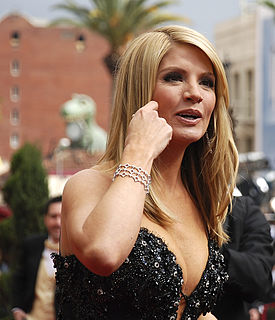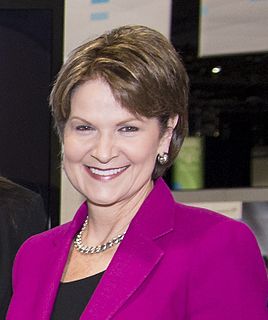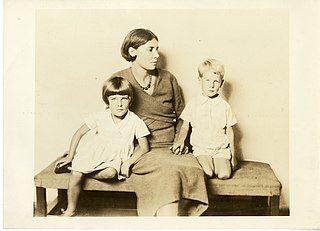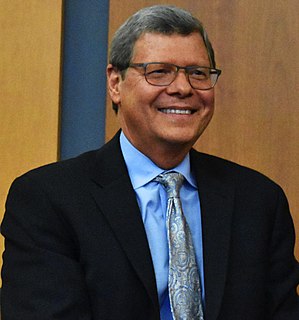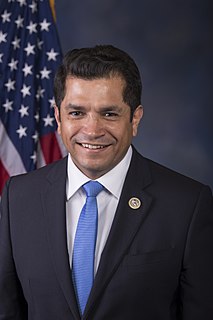A Quote by Anurag Thakur
My grandfather was in the Indian Army, and my father started working to fund his own higher education and joined evening classes.
Related Quotes
I know my grandfather drank occasionally socially, what we call "taking a sip." And my father never touched the bottle. He condemned my grandfather for doing that, and his punishment to his father was when my grandfather came to visit him from Georgia, he would not allow my grandfather to preach in his church.Even though my classmates very often drank alcohol in my presence and they would try and get me to join in, I felt, no, I didn't need that.
I started taking classes and doing things that I had always wanted to do but couldn't because I was working. I signed up for a bunch of workout classes, and to my surprise, I realized I was enjoying it. Because I was working out so much, I started looking for more workout clothes and found a lot of redundancy - predictability that was uninspired. That's when I decided to start my own line.
When the father dies, he writes, the son becomes his own father and his own son. He looks at is son and sees himself in the face of the boy. He imagines what the boy sees when he looks at him and finds himself becoming his own father. Inexplicably, he is moved by this. It is not just the sight of the boy that moves him, not even the thought of standing inside his father, but what he sees in the boy of his own vanished past. It is a nostalgia for his own life that he feels, perhaps, a memory of his own boyhood as a son to his father.



